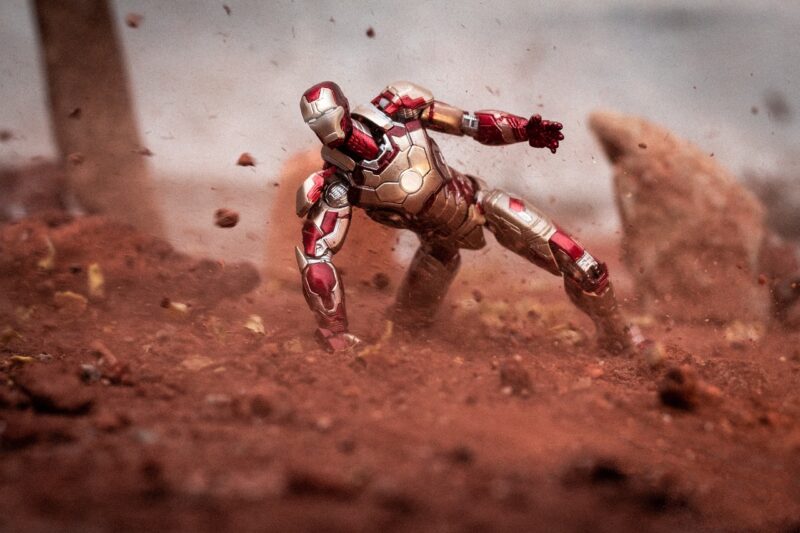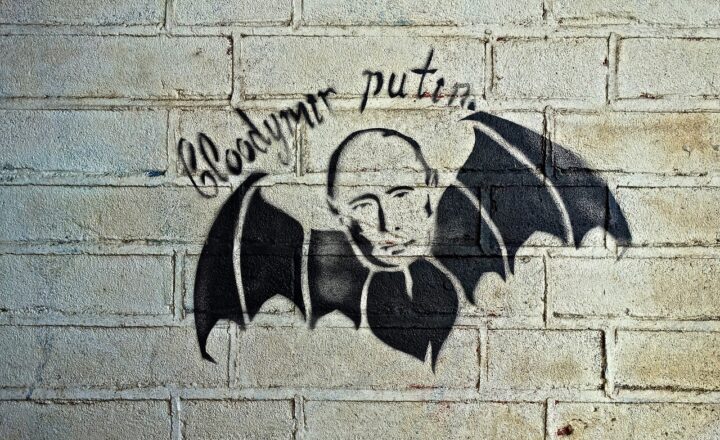From Comics to Cinema: The Journey of Iron Man as a Pop Culture Icon
November 16, 2024

Iron Man is more than just a superhero; he is a phenomenon that has redefined popular culture over the past several decades. From his humble beginnings in comic books to becoming a central character in the Marvel Cinematic Universe (MCU), Iron Man’s journey is not just about the evolution of a character, but also reflects societal change, advancements in technology, and shifts in media consumption. This article delves deep into the journey of Iron Man, exploring his origins, his cultural significance, and how he has inspired generations of fans.
1. The Birth of Iron Man: A Comic Book Hero
Iron Man first appeared in Marvel Comics in 1963, created by writer Larry Lieber, scripter Stan Lee, and artists Don Heck and Jack Kirby. The character was introduced in “Tales of Suspense” #39 and was intended to serve as a response to the complex geopolitical landscape of the Cold War era. Unlike most superheroes of the time, Iron Man was portrayed not as an inherently virtuous figure but as a billionaire industrialist, Tony Stark, who created his advanced suit to escape captivity and evolve into a hero.
The character’s initial storylines involved themes of technology, weapons manufacturing, and corporate ethics, which resonated with readers during a time of scientific advancements and the burgeoning tech era. Stark’s struggle with personal demons, including his alcoholism and moral dilemmas regarding weapons trade, made him relatable and complex.
These qualities set Iron Man apart from other superheroes, allowing readers to connect with his internal conflicts and moral ambiguities.
2. The Rise of Iron Man: Iconic Storylines
Throughout the 1970s and 1980s, Iron Man’s popularity steadily grew, thanks in part to innovative story arcs such as the “Demon in a Bottle,” which addressed Stark’s alcoholism, and “The Man Who Reinvented Himself,” showcasing his technological prowess.
The “Demon in a Bottle” storyline, particularly, was groundbreaking as it tackled the issue of addiction in a forthright manner, displaying Iron Man’s vulnerability and ultimately humanizing him. These narratives deepened Iron Man’s character and emphasized the importance of personal battles, making him resonate with a larger audience.
As comic book culture matured, so did Iron Man’s narrative complexity. The introduction of significant supporting characters, such as Jim Rhodes, Pepper Potts, and other Avengers, enriched the storyline, laying the groundwork for a shared universe that would define Marvel’s future.
3. Transition to the Silver Screen: Iron Man in Film
Iron Man made an explosive debut in the cinematic landscape with the 2008 film directed by Jon Favreau, starring Robert Downey Jr. as Tony Stark. This film marked the beginning of the Marvel Cinematic Universe, a groundbreaking concept of interlinked films based on comic book characters.
With its impressive CGI and a charismatic performance by Downey Jr., Iron Man captivated audiences and rejuvenated the superhero genre, setting a new standard for subsequent films. The film’s tagline, “In the end, it’s not about who you are underneath, but what you do that defines you,” mirrors Iron Man’s internal struggles and emphasizes the complexity of heroism.
The success of Iron Man led to a cascade of sequels and crossover films within the MCU, further solidifying his status as a cultural icon. Stark’s character evolved through various arcs, dealing with themes like legacy, responsibility, and the consequences of technological advancement, appealing to a broader audience that transcended comic book fans.
4. Iron Man as a Cultural Symbol
Iron Man became emblematic of various societal themes beyond the realms of comics and cinema. He personifies the complexities of modernity, particularly the relationship between humanity and technology. The suit, as a symbol of human ingenuity, serves as a metaphor for the dual edge of technological advancement—capability versus responsibility.
His character also embodies the archetype of the flawed hero, making him immensely relatable. Iron Man tackles relevant social issues such as corporate ethics, personal redemption, and personal sacrifice, transforming the narrative of superheroes from mere entertainment to a discourse on moral philosophy and societal challenges.
Moreover, Iron Man has inspired various fan communities, attracting enthusiasts across the globe who engage with him through cosplay, fan fiction, and conventions. His impact can also be seen in the rise of STEM education, where Stark’s genius as an inventor has inspired young individuals to pursue careers in science, technology, engineering, and mathematics.
5. The Legacy of Iron Man: What Lies Ahead
The legacy of Iron Man continues to evolve, leaving an indelible mark on popular culture and shaping the direction of superhero narratives in cinema. With the conclusion of the Infinity Saga in the MCU, Stark’s defining moment in “Avengers: Endgame” serves as a saga of sacrifice, valor, and the impact of one’s choices.
With ongoing comic storylines and potential future projects in film and television, Iron Man’s essence is likely to persist in shaping contemporary storytelling. The character’s journey, in a way, reflects society’s broader struggle with technological ethics and personal responsibility, themes that remain ever-relevant.
As new generations of fans emerge, Iron Man remains a beacon of hope, struggling for a better future while grappling with the demons of his past. His story reflects the dream and caution that accompany innovation, ultimately affirming the timeless notion that anyone can be a hero.
Conclusion
From his inception in comics to his iconic representation in films, Iron Man has evolved into a multifaceted character that resonates with audiences on multiple levels. His journey through self-discovery, societal critique, and unwavering courage continues to inspire not just comic aficionados but a global populace hungry for complex narratives and relatable characters. As we look to the future, Iron Man’s legacy is poised to grow, encapsulating the very essence of what it means to be a hero in the modern world.







